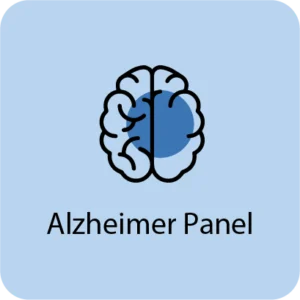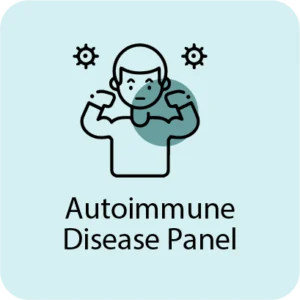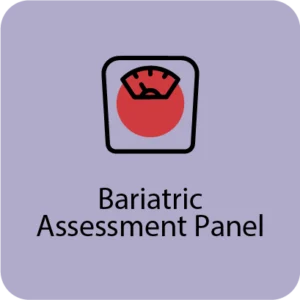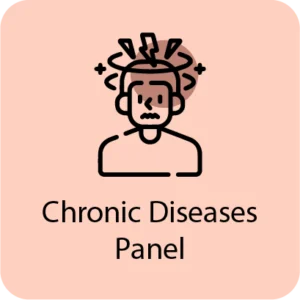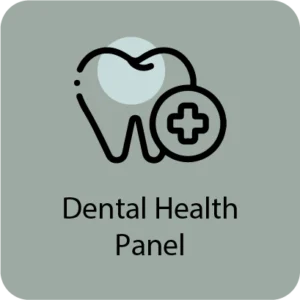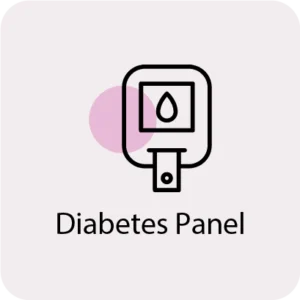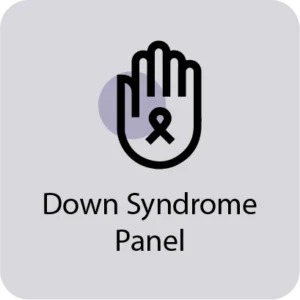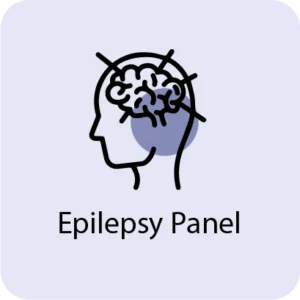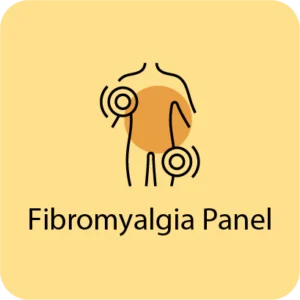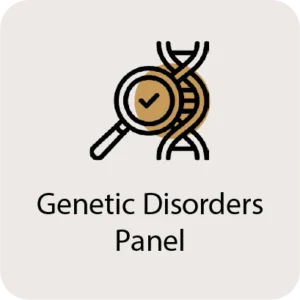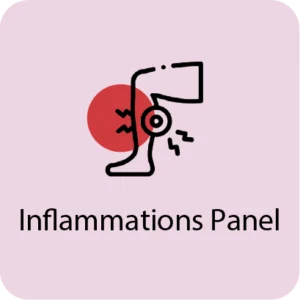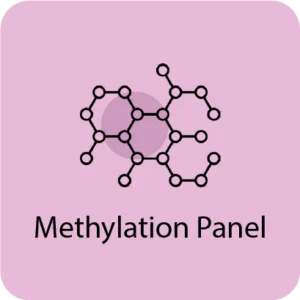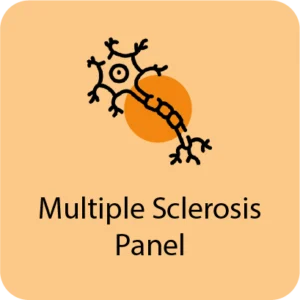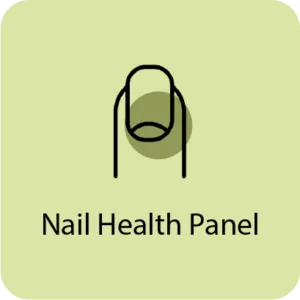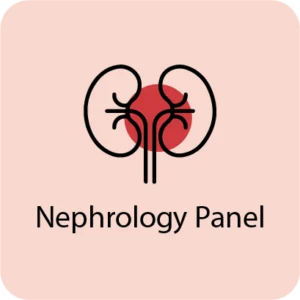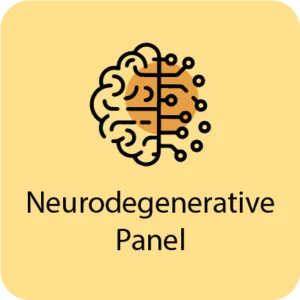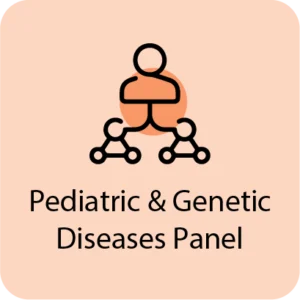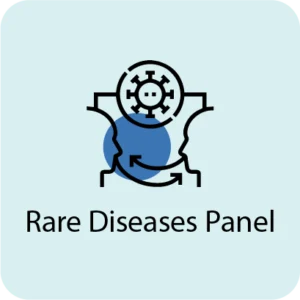Nephrology Panel
Nephrology encompasses the study and management of kidney health and some of the related conditions. It is known to play a vital role in overall health and well-being. The comprehensive Nephrology Panel is well designed to provide valuable insights into kidney function, identify risk factors for kidney disease, and guide personalized treatment and some of the management strategies.
Understanding the Importance of Kidney Health:
- Vital Organ Function: The kidneys are known to be essential organs. They are held responsible for filtering waste products, excess fluids, and toxins from the bloodstream, and maintaining electrolyte balance. It also helps in regulating blood pressure and producing hormones involved in red blood cell production and bone health.
- Risk Factors for Kidney Disease: Various factors like hypertension, diabetes, obesity, family history of kidney disease, age, ethnicity, and some specific medications. They can enhance the risk of developing kidney disease. Early detection and management of risk factors are crucial for preserving kidney function and preventing complications.
The Lifecode Nephrology Panel:
- Comprehensive Testing: The healthcare offers a comprehensive Nephrology Panel comprising a range of laboratory tests and biomarkers. It helps to assess kidney function, identify markers of kidney damage, and helps in evaluating the risk factors for kidney conditions.
- Key Biomarkers: This Nephrology Panel includes tests like estimated glomerular filtration rate (eGFR), serum creatinine, urine albumin-to-creatinine ratio (ACR), blood urea nitrogen (BUN), electrolyte levels (sodium, potassium, chloride). It also includes the markers of inflammation and oxidative stress.
- Genetic Testing: Lifecode offers genetic testing options to assess genetic predisposition to certain kidney conditions. It includes polycystic kidney disease (PKD) and familial nephropathies. Genetic testing shall provide several valuable insights into inherited kidney disorders and it further helps in guiding personalized management strategies.
Why Prioritize Kidney Health and Get the Nephrology Panel Done:
- Early Detection of Kidney Disease: This section helps for the early detection of kidney dysfunction and damage. This shall further enable timely intervention and management to slow the progression of kidney disease and prevent some of the irreversible damage.
- Monitoring Kidney Function: Regular monitoring of some of the kidney function through the Nephrology Panel is essential for individuals at risk of kidney disease. This shall include those with diabetes, hypertension, or a family history of kidney problems. Monitoring helps healthcare providers assess kidney health, track changes over time, and adjust treatment plans accordingly.
- Risk Stratification: The Nephrology Panel helps in stratifying individuals into different risk categories based on their kidney function, the presence of kidney damage, and some underlying risk factors. It helps healthcare providers to tailor preventive measures, lifestyle interventions, and treatment strategies to individual risk profiles, optimizing kidney health outcomes.
- Preventive Health Measures: Identifying risk factors and markers of kidney disease through the Nephrology Panel enables individuals to implement preventive measures to lower the risk of kidney disease progression and associated complications. Lifestyle modifications, dietary alterations, blood pressure management, and medication adjustments help to preserve kidney function and improve overall health.
- Personalized Management Strategies: Insights provided by this section shall facilitate personalized management strategies tailored to individual needs and risk factors. Healthcare providers can further develop targeted treatment plans. It includes medication management, lifestyle interventions, and referral to nephrology specialists as needed, to optimize kidney health and prevent disease progression.
Prioritizing kidney health is essential for overall well-being and longevity. The Lifecode Nephrology Panel offers a comprehensive approach to kidney health assessment. This provides valuable insights into kidney function, damage, and risk factors for kidney disease. Early detection, monitoring, and personalized management strategies guided by the Nephrology Panel. It can help individuals to preserve kidney function, prevent complications, and enhance those overall health outcomes.
| Categories | Conditions Observed |
|---|---|
| Content Yet to Receive | Content Yet to Receive |
What are the common conditions addressed by a nephrology panel?
A nephrology panel addresses a wide range of kidney-related conditions, including chronic kidney disease (CKD), acute kidney injury (AKI), kidney stones, urinary tract infections (UTIs), glomerulonephritis, nephrotic syndrome, and electrolyte imbalances.
How does genetic testing relate to nephrology panels?
Genetic testing in nephrology panels focuses on identifying genetic mutations or variations associated with hereditary kidney diseases or conditions that can affect kidney function and health.
Who should consider undergoing genetic testing as part of a nephrology panel?
Individuals with a family history of kidney disease, early-onset kidney problems, or unexplained kidney dysfunction may consider genetic testing to assess their risk of hereditary kidney conditions or identify genetic factors contributing to their kidney health.
What specific genetic markers or genes does the genetic testing panel for nephrology analyze?
The genetic testing panel for nephrology may analyze genes associated with various hereditary kidney disorders. Like polycystic kidney disease (PKD), Alport syndrome, familial nephrotic syndrome, and congenital anomalies of the kidney and urinary tract (CAKUT).
How can genetic testing benefit individuals undergoing nephrology evaluation?
Genetic testing can benefit individuals undergoing nephrology evaluation by providing insights into their genetic predispositions to kidney diseases, guiding diagnosis, and treatment decisions, facilitating early intervention, and informing family members of potential genetic risks.



